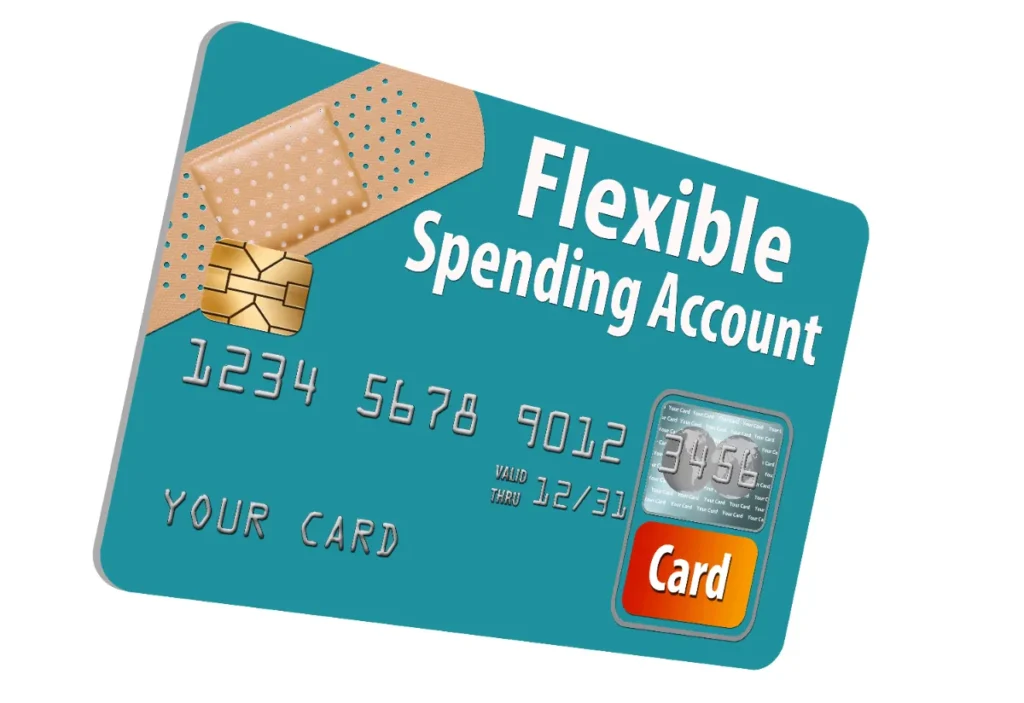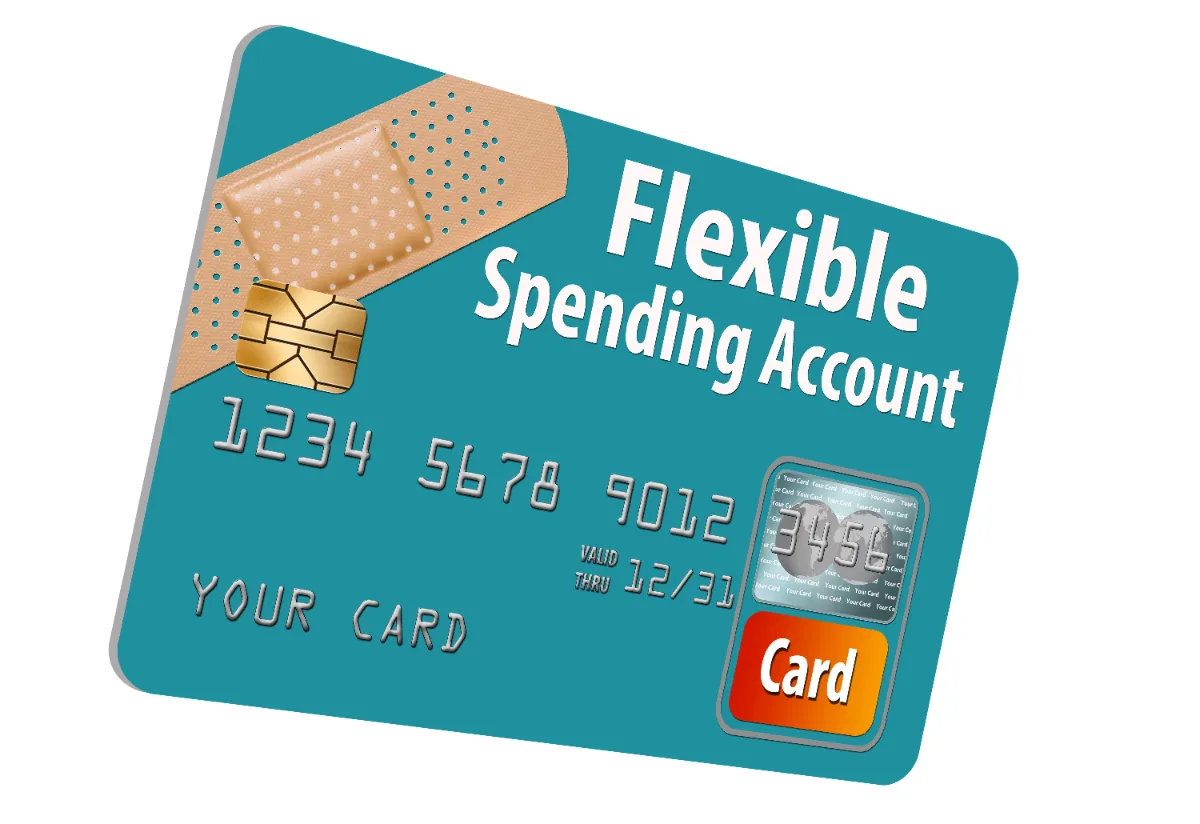
What’s an FSA?
A Flexible Spending Account (FSA) is a special account you can use to pay for certain out-of-pocket health care costs. It’s like a savings account for medical expenses, but there’s a twist: you don’t pay taxes on this money.
How Does an FSA Work?
Pre-Tax Benefits: Money goes into your FSA before taxes are taken out of your paycheck. This can reduce your overall tax bill.
Use for Medical Expenses: You can use FSA funds for things like prescriptions, doctor’s visits, and even some over-the-counter items.
Employer-Based: FSAs are offered by employers, and the rules can vary a bit from one workplace to another.
The Pros of Having an FSA
Tax Savings: Since the money goes in tax-free, you can save a significant amount on healthcare costs.
Immediate Availability: Unlike some other accounts, your entire FSA contribution is available at the start of the year.
Wide Range of Uses: FSAs cover a variety of health-related expenses, sometimes even things like acupuncture or chiropractic care.
What to Watch Out For
Use It or Lose It: FSAs often come with a use-it-or-lose-it rule. If you don’t use all the money by the end of the year (or a grace period if your plan has one), you might lose it.
Estimate Carefully: You need to estimate how much to put in your FSA each year. If you put in too much, you risk not using it all.
Employer-Specific: Since FSAs are tied to your employer, you generally can’t take it with you if you change jobs.
Making the Most of Your FSA
Plan Your Contributions: Look at your expected medical expenses for the year and plan your contributions accordingly.
Keep Track of Eligible Expenses: Save receipts and keep a list of eligible expenses to make sure you’re using your FSA funds correctly.
Stay Informed: Rules about what FSAs cover can change, so it’s good to stay updated.
Is an FSA Right for You?
An FSA can be a great choice if you have predictable health care costs and you can accurately estimate your expenses for the year. It’s especially helpful for saving on taxes if you have regular prescriptions or ongoing medical treatments.
Deciding on an FSA
Consider how much you usually spend on healthcare and whether you’re comfortable estimating these costs in advance. An FSA can offer significant tax benefits, but it’s important to use it wisely to avoid losing money at the end of the year.




